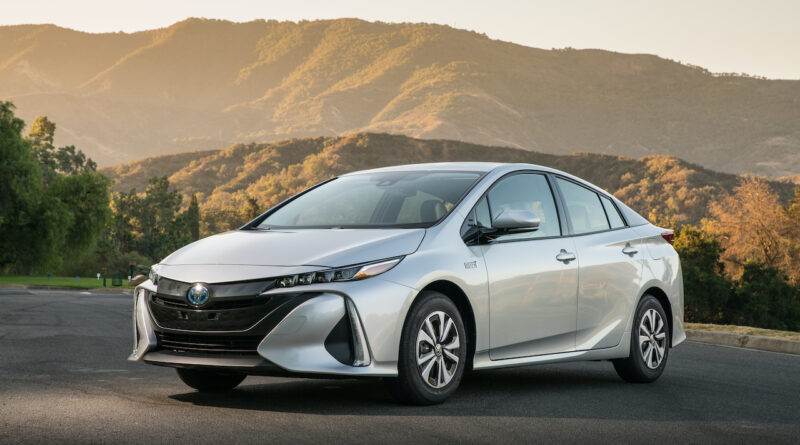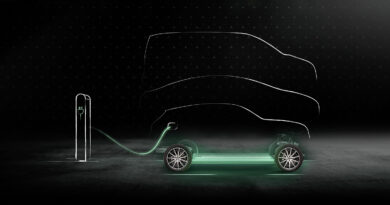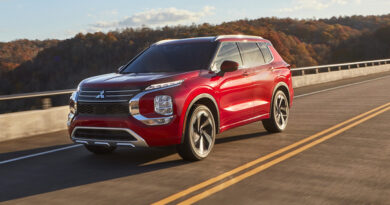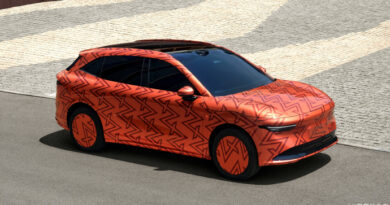Grey import EVs? No thanks, says car industry!
A proposal to boost electric vehicle sales by allowing the unlimited import of second-hand EVs into Australia has had a cool reception from the auto industry.
The idea is presented in a new report by EV lobbyists Evenergi in a report prepared with funding from the Australian Renewable Energy Agency, ARENA.
It advocates using the Specialist and Enthusiast Vehicles Scheme (SEVS) as the conduit for the import of EVs.
As its name suggests, SEVS is traditionally for performance and specialist vehicles imported in low volumes.
But a recent update has removed the cap on import numbers while an “environmental criterion” lists “environmental performance vehicles” such as hybrids and EVs as eligible for SEVS.
“The Australian market continues to be frustrated by lack of supply of affordable electric vehicles,” the report stated.
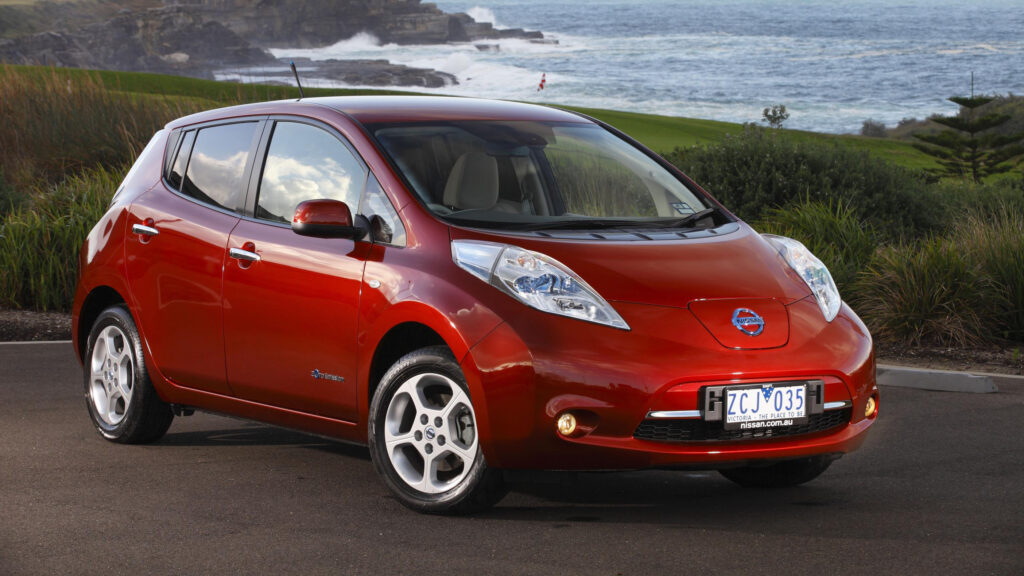
“The importation of second hand vehicles into the Australian market may be a key lever in alleviating some key barriers to adoption of electric vehicles.”
Read our used EV buying guide.
But the Australian automotive distribution and retailing industry has rejected the concept. It fought off a push to deregulate personal vehicle importation in 2017.
“The specialist and enthusiast scheme should be used just for that … it should not be used as a backdoor to bring in volume imports,” Australian Automotive Dealer Association (AADA) chief executive James Voortman said.
The ARENA report used the motoring body NRMA as an example of an organisation well positioned to become an EV importer.
“It has the complementary products required to fully articulate the revenue opportunities, and to lend the credibility needed to ensure the initiative is a success.
“Alternatively aggressive and well capitalised start-ups or existing importing incumbents could capitalise on the opportunity.”
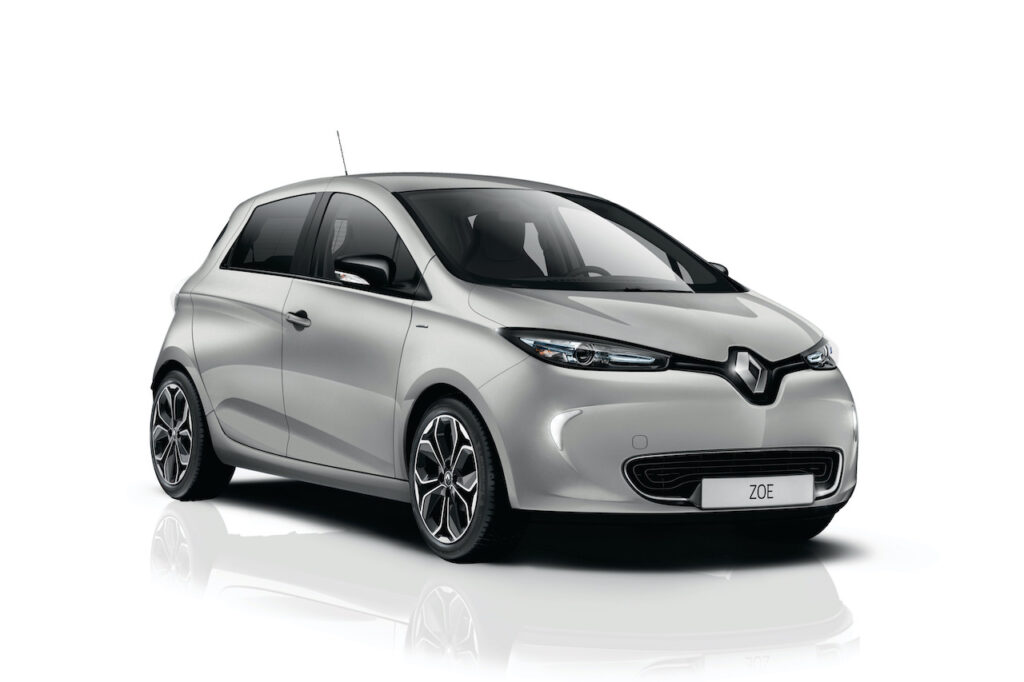
The business model the report advocates is for the import of a small number of EVs for test driving, while vehicles are purchased sight unseen overseas and then imported for delivery.
The local sales company would provide warranties and post-sales support, the report explains.
Right-hand drive markets Japan and the UK would be the sources of supply for Australia, with the report nominating the Nissan Leaf and Renault Zoe battery electric vehicles and Toyota Prius and Volkswagen Golf GTE plug-in hybrids as candidates for local sale as grey imports.
“The supply and diversity of electric vehicles is growing globally and as such a reliable and cost-effective supply can be established. With a strong brand and streamlined process, initial estimates are that a business with strong margins can be established and scaled quickly with little capital,” the report says.
“Work by Evenergi and NRMA has demonstrated that there is significant and growing demand from a range of buyers for electric vehicles that cannot be satisfied by the current electric vehicle supply – primarily due to price or availability.”
Electric and PHEV sales are up more than 18 per cent in a dramatically down Australian market in 2020. However, those 1516 sales (not including Tesla, which does not report sales to VFACTS) to the end of June are still only a tiny 0.34 per cent share of the total.
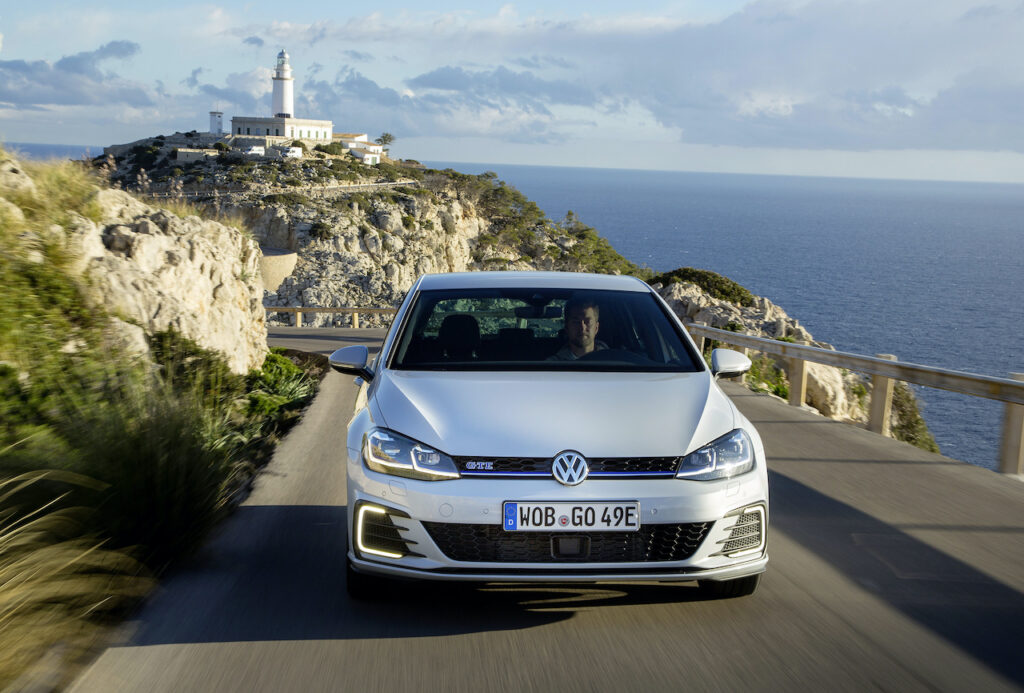
A key impediment to growth is the price of new EVs, which start at best just under $50,000 in Australia and are typically more expensive than regular petrol and diesel cars. A flow of used EVs would offer potential buyers a cheaper option.
But Voortman warned a second-hand EV grey market posed many risks for consumers.
“Consumers will lose out with these cars, they won’t be covered by manufacturer warranty, it’s almost going to be impossible for buyers of those cars to enforce any Australian consumer rights.
“Recalls are a concern. That Takata airbag recall included some grey imports and you would think that would be enough reason for any government to walk away from any scheme that looks at used cars.
“Then there’s the battery issues; what’s the health of the battery coming in? They won’t have the warranty other electric vehicles have both new and used when they get passed on.”

